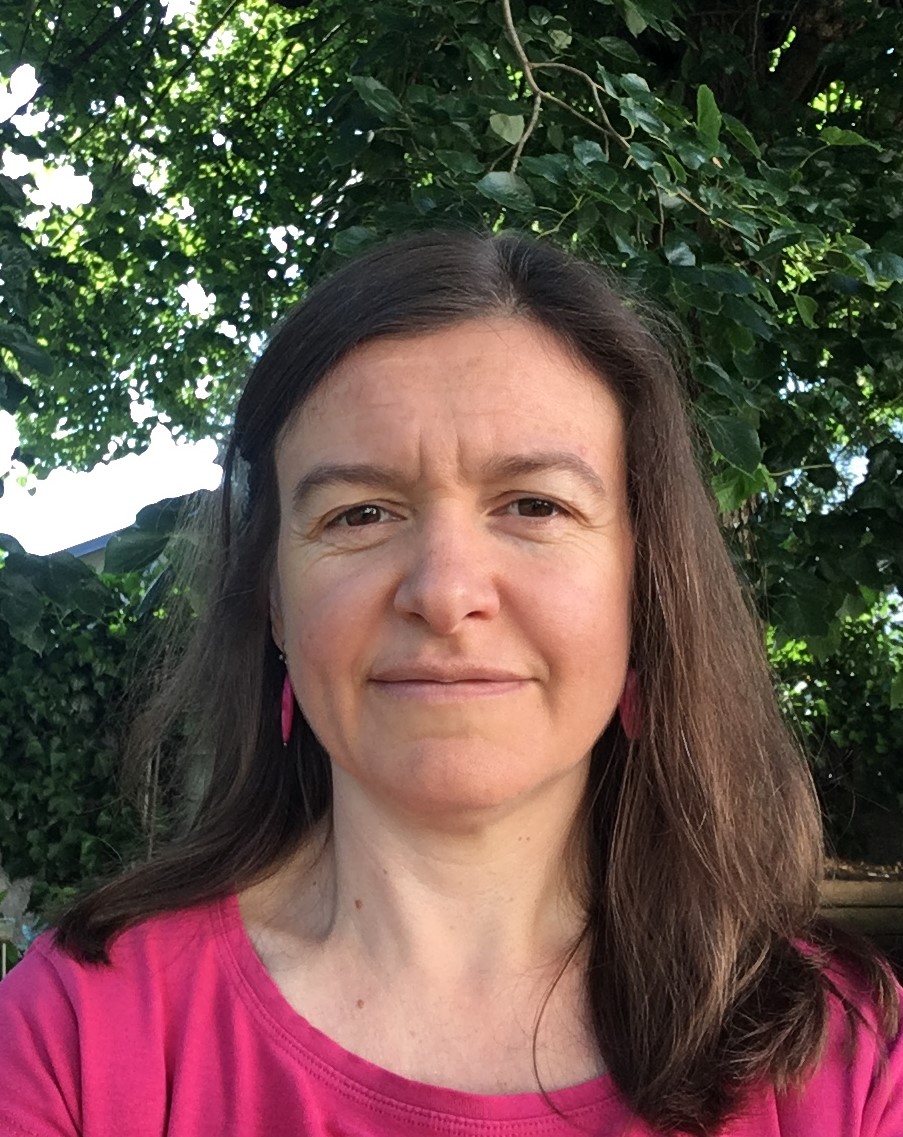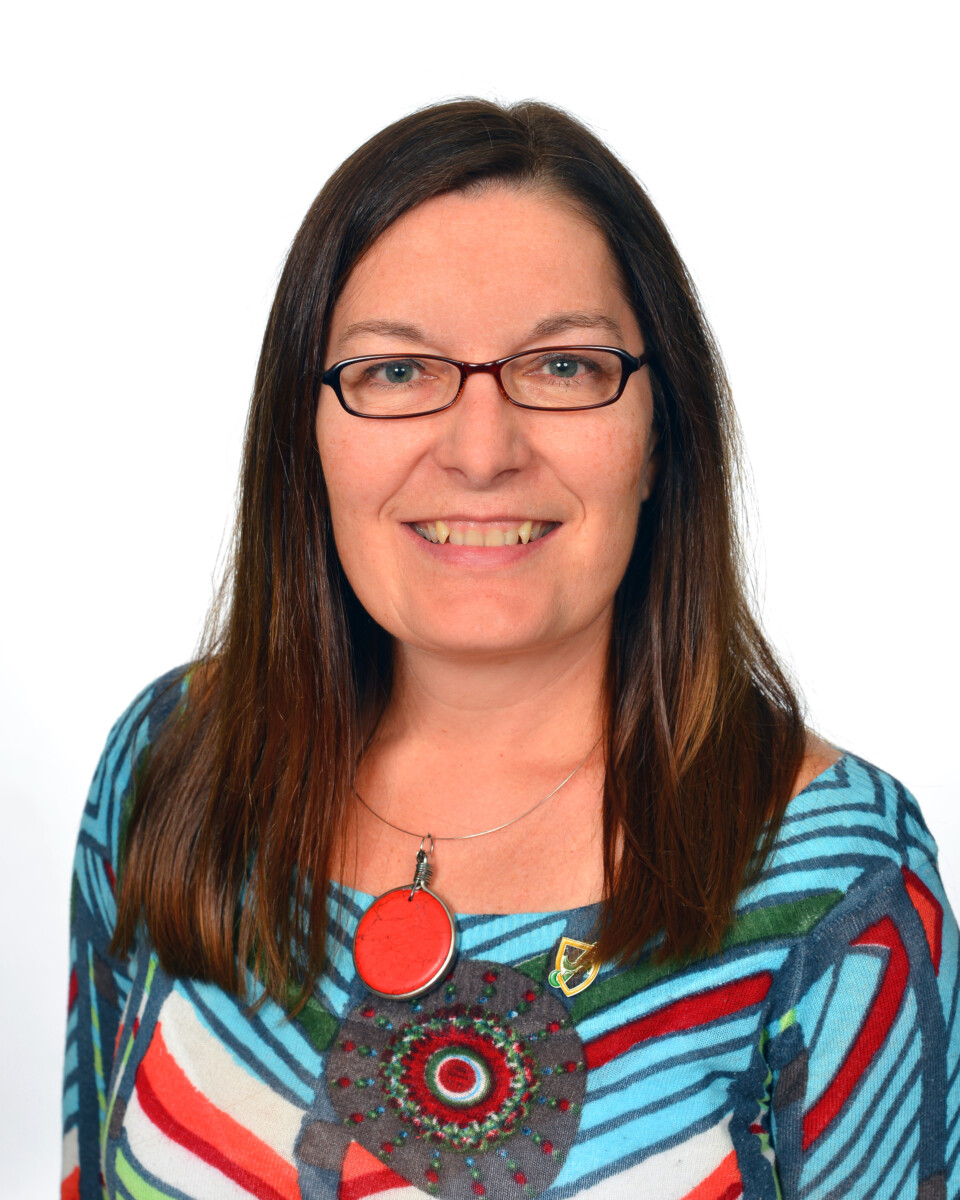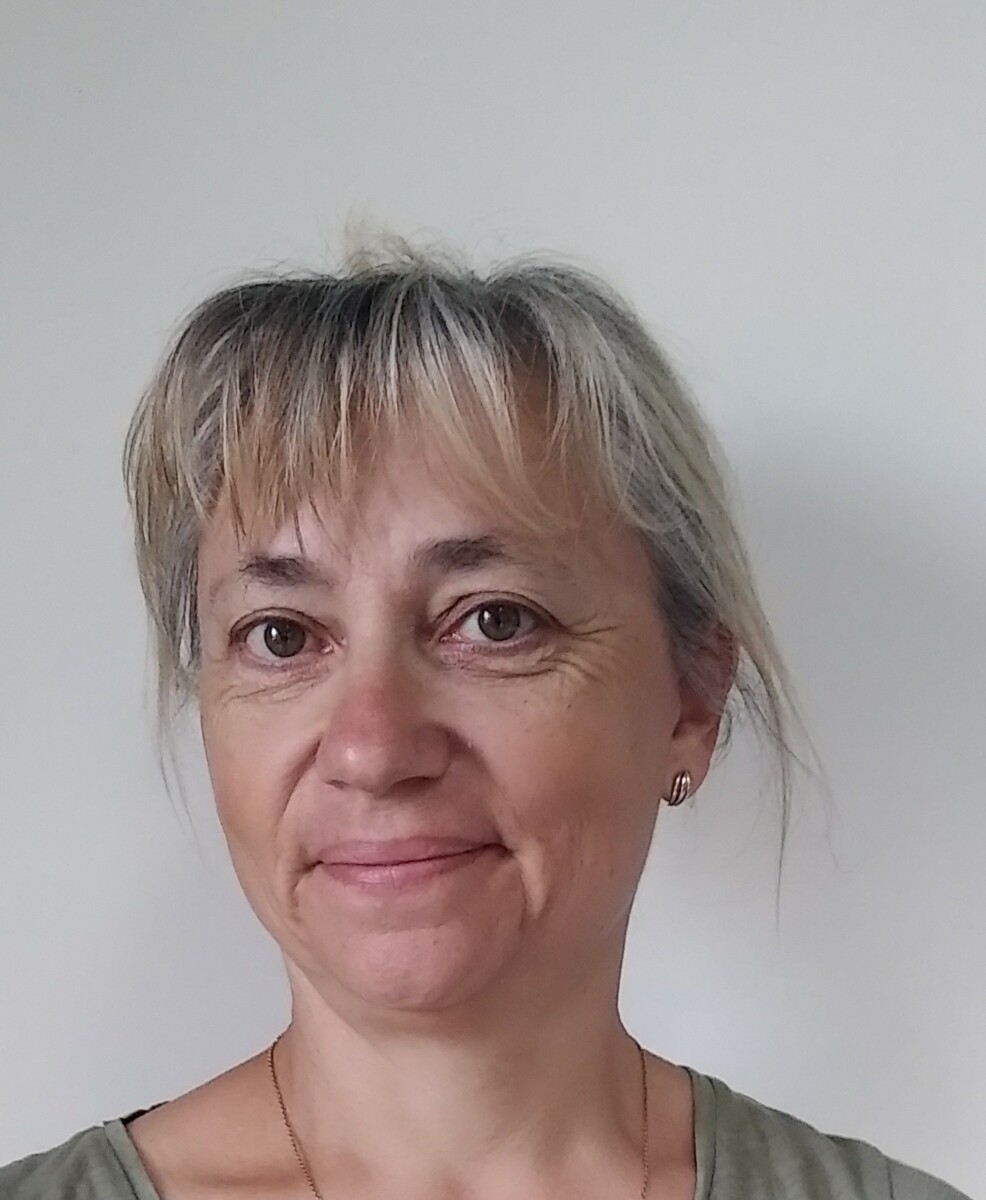Summary :
Introduction. The current ecological crisis being of an occupational nature, making human occupations evolve towards more sustainability has become an ethical duty for the present generations. Eating, in particular, is an occupation that concentrates strong sustainability issues. Occupational therapists can accompany this evolution by integrating the criterion of sustainability into their approach to occupational analysis. To this end, educators from the Network for Sustainable Development in Occupational Therapy (R2DE) have developed a sustainability analysis grid for the occupation “taking a meal”.
Objective. This article reports on the advantages and limitations of the second version of this grid.
Method. This new grid was tested in two training institutes by 68 students and then evaluated through a descriptive survey.
Results. A total of 35 students participated in this survey. Three quarters of the students stated that the grid was largely effective in analyzing sustainability. The advantages reported are that it takes into account all the stages of a meal, it allows the analysis of sustainability in its three dimensions (environmental, social and economic), it promotes an ecological awareness and supports the search for solutions. The limitation reported by a majority of the respondents is the lack of knowledge on the elements of sustainability that are not observable during the performance.
Perspective. This study confirms the interest of an occupation-based approach to promote an eco-responsible occupational transition in terms of human alimentation.
Cet article est payant !
Je suis abonné, je m’identifie ci-dessous.
Je ne suis pas abonné, j’achète ici
Article rédigé par :
-

Sarah Thiébaut
Ergothérapeute, DEA
Formatrice à l’IFE de l’ADERE (Paris)
Coordinatrice du Réseau pour le développement durable en ergothérapie (R2DE)
sarah.thiebaut@adere-paris.fr
-

Marie-Josée Drolet
Ergothérapeute, professeure titulaire
Département d’ergothérapie
Université du Québec à Trois-Rivières
Cofondatrice de la Communauté ergothérapique engagée pour l’équité et l’environnement (C4E)
-

Cécile Farny
Ergothérapeute, cadre de santé
Responsable pédagogique à l’IFE La Musse (Saint-Sébastien-de-Morsent)
Membre du Réseau pour le développement durable en ergothérapie (R2DE)

